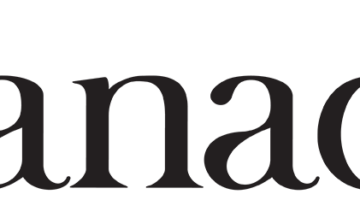
The healthcare industry faced several headwinds in the last year, such as higher interest rates, more antitrust regulatory review concerns, higher valuations and recession worries. But despite these headwinds, health services deals “remained resilient” for the 12 months ending May 15, according to a PwC report published Wednesday.
“We continue to remain optimistic about the health services deals outlook for the remainder of 2023, with corporate and private equity (PE) players alike holding large levels of capital that needs to be deployed, and sector dynamics driving a need for health services companies to adapt and reinvent themselves,” the report stated.

With the Rise of AI, What IP Disputes in Healthcare Are Likely to Emerge?
Munck Wilson Mandala Partner Greg Howison shared his perspective on some of the legal ramifications around AI, IP, connected devices and the data they generate, in response to emailed questions.
In the 12 months leading up to May 15, health services deal volumes decreased just 4% from the year prior. Deal volumes this year were still nearly twice as high as from 2018 to 2020, however.
When it comes to deal values, there was a 15% decrease in 2023 compared to last year. This represents a “continuation of the trend seen in 2022 where a greater portion of deal volume is being driven by smaller value roll-up and add-on transactions as opposed to transformational platform deals and megadeals,” the report said.
Still, more than half of the deal value in the last year was driven by megadeals, which are deals with a valuation of at least $5 billion. This is similar to 2021 and 2022.
There were six megadeals in the 12 months ending May 15, according to PwC. These include:
- CVS Health’s $10.6 billion acquisition of primary care company Oak Street Health
- Walgreens-backed VillageMD’s $8.9 billion acquisition of Summit Health-CityMD, a company that offers primary, specialty and urgent care.
- The $7.1 billion acquisition of contract research organization Syneos Health by a private investment consortium, which included Elliott Investment Management, Patient Square Capital and Veritas Capital
- CVS Health’s $8 billion acquisition of home care company Signify Health
- The $7.4 billion acquisition of Mediclinic International by a consortium of investors
- Chubb’s $5.4 billion acquisition of Cigna’s life, accident and supplemental benefits business
When looking ahead, “recent uncertainty presents headwinds, but also yields potential opportunities,” the report said.
These uncertainties include Medicaid redeterminations — the process for determining enrollees’ eligibility for Medicaid — which resumed in April after a pause during the Covid-19 public health emergency. But this could be an opportunity for more growth in the exchange and employer-sponsored plans.
Antitrust opposition to deals may mean more medium-sized players could be in better positions for deals as well.
There will also be “phased in” risk adjustment-based reimbursement declines over the next three years for Medicare Advantage, instead of the declines occurring all at once, according to PwC.
“While partially alleviating the immediate fears around MA plans, the continued focus on risk adjustment normalization presents opportunities for managed care, benefit management, and point solutions programs to differentiate themselves in driving lower costs of care, and in turn, volume share in the broader payer and related support services segment,” the report said.
Photo: metamorworks, Getty Images














